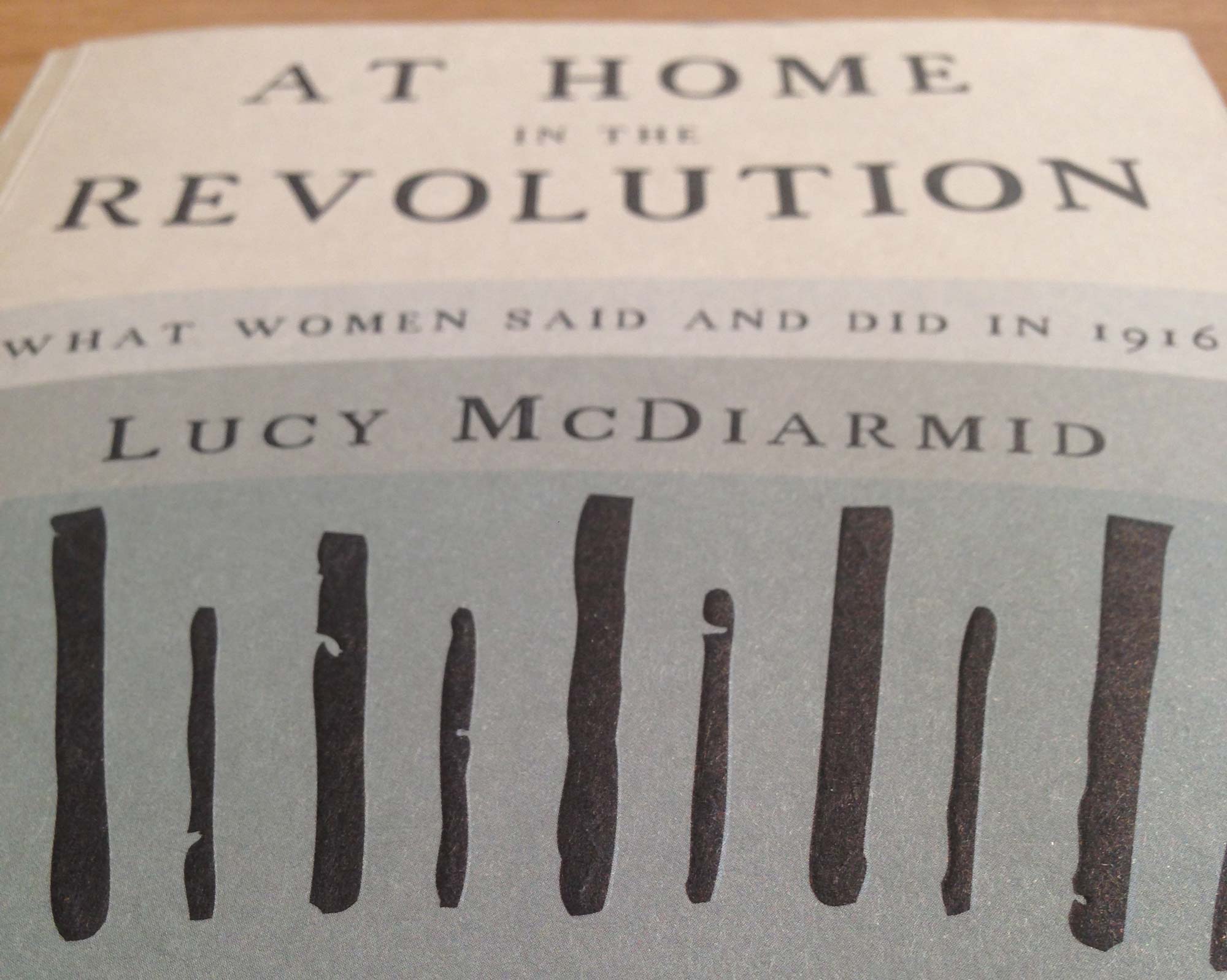Women of the Revolution: Untold Stories
Prof. Lucy McDiarmid discusses the 1916 Rising and how it both revealed and shaped the emotional lives of the women involved
Lucy McDiarmid is Professor of English at Montclair State University in the United States and the author of At Home in the Revolution: What Women said and did in 1916, which was published by the Royal Irish Academy in 2015. Making innovative use of the first person accounts of women participants and relatives, set out in diaries and in the witness statements of 1916 survivors to the Bureau of Military History, McDiarmid brings a fresh and perceptive eye to the events of 1916 and to roles played by women in it. What she does, observed The Irish Times reviewer Angela Bourke, is ‘make the stiff figures of history breathe and laugh and cry’. Here, in an interview with Century Ireland she discusses some of the themes which are developed in the course of her book.
In this first excerpt, Prof. McDiarmid discusses the way in which the experiences of women in 1916 have been traditionally understood through its most iconic figures and how, by exploring the personal accounts of women from across the class spectrum, different perspectives can be brought to bear on the 1916 Rising and how it was experienced.
Romance & Rebellion
In this excerpt, Prof. McDiarmid uses the accounts of the widows
of the 1916 leaders and others to challenge the idea that the
revolution was instigated by single-minded men whose hearts had,
to paraphrase W. B. Yeats, one purpose only. Rather than viewing
them as ascetic individuals, McDiarmid here talks about how the
witness statements of the Bureau of Military History shine a
fresh, revealing light on the romantic lives of the men and women
of the Rising.
Kilmainham Farewell
In the aftermath of the Rising, 14 of the rebel leaders were taken
to Kilmainham Gaol where they were executed in the Stonebreakers
Yard between 3 - 12 May, 1916. The last days and hours of the
rebel leaders saw them meet and part with the women with whom they
had shared their lives. In this final excerpt from her interview
with Century Ireland, Prof. Lucy McDiarmid reflects on emotional
and physical impact on those women whose husbands, sons and
brothers were executed for their role in the 1916 Rising.





















